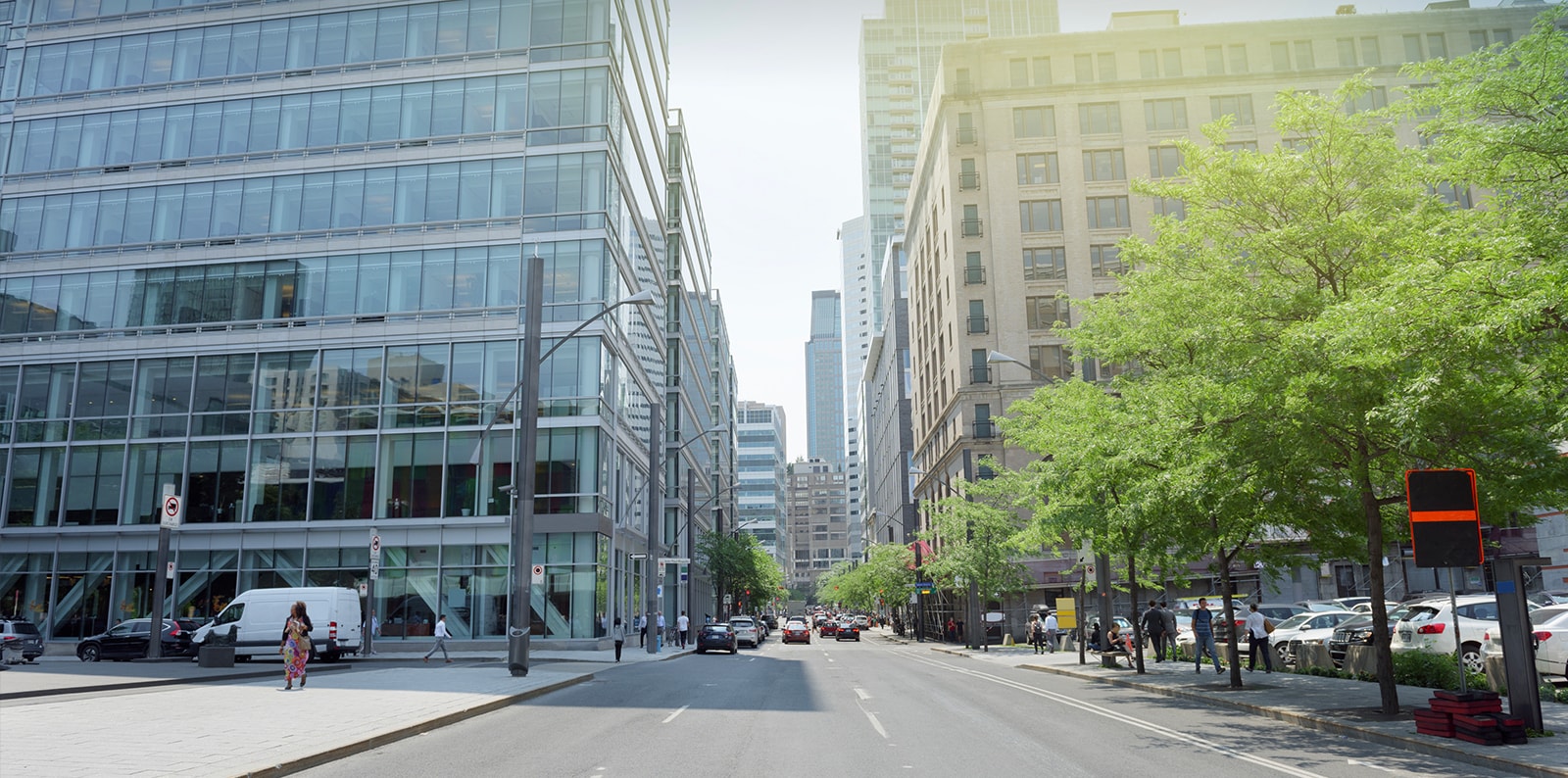Monetary Policy Adjustments and Market Implications
Recent statements from the Bank of Canada (BoC) indicate that the current shift in monetary policy will not revert to pre-pandemic levels. BoC Governor Tiff Macklem emphasized that, despite progress in moderating inflation, the risk of rapid inflation remains, necessitating a new normal for interest rates. Macklem cautioned that the rates would not return to pre-pandemic lows, citing potential supply-side shocks driven by geopolitical tensions, technology, climate change, and shifting trade and investment flows.
For Quebec’s commercial real estate investors and professionals, this means preparing for a landscape where borrowing costs remain elevated compared to the historical lows of the last 20 years. The reduced likelihood of returning to pre-pandemic rates necessitates a focus on productivity-driven growth rather than relying on cheap credit. This shift could spur innovation and efficiency in property management and development, pushing stakeholders to explore new financing strategies and operational improvements.
Rising Tide of Renters
The increasing number of renters in Canada, now at 33% of households, has significant implications for Quebec’s commercial real estate market. Montreal leads with 63% of households renting, driven by high homeownership costs and demographic shifts. This trend highlights a critical demand for rental properties, presenting opportunities for investors in multi-family developments and rental units.
As homeownership becomes less attainable, particularly for younger generations and new immigrants, the rental market is poised for sustained growth. Investors should consider the potential for stable returns from rental properties, especially in urban centers like Montreal. Additionally, understanding the demographic shifts and catering to the diverse needs of renters can enhance investment strategies and market positioning.
Building Permits Surge: A Glimmer of Hope
In April, Canadian building permits rose by 20.5%, with non-residential permits up 19.6%. This significant increase, the fastest monthly pace since May 2020, offers hope for a construction boost amid a severe housing shortage. In Quebec, building permits in Montreal increased by 13.4%, reflecting a broader trend of growth in construction activities. While Montreal still lacks behind other cities of the province, with the longest record for permit delivery, there may be hope if reforms continue to be pushed.
This surge in building permits is a positive sign for Quebec’s commercial real estate market. It indicates robust development activity that could alleviate some of the supply constraints. The increase in non-residential permits, particularly in the commercial sector, suggests a healthy pipeline of projects that can enhance the region’s economic landscape.
Divergent Sentiments Among Real Estate Professionals
A recent Altus Group survey revealed a divide among Canadian real estate professionals regarding market conditions. While half of the respondents plan to manage their existing portfolios, a slight increase in those looking to deploy capital suggests a cautious optimism. Notably, 32% of respondents expect revenue growth compared to a year ago, though 30% have downgraded their forecasts.
This divergence in sentiment underscores the need for a nuanced approach to market strategies. Investors and professionals must carefully evaluate market conditions, considering both optimistic and pessimistic forecasts. The expectation of a rebound in commercial property sales activity, spurred by the BoC’s interest rate cut, indicates potential opportunities for strategic investments. However, it is crucial to remain vigilant about the economic underperformance and high-interest rates that continue to challenge the market.
Economic Underperformance and Future Prospects
Canada’s economy continues to face challenges, with per-capita GDP running 3% below 2019 levels. The BoC’s recent interest rate cuts are expected to provide some relief, but the overall economic growth remains sluggish. Quebec, however, shows signs of recovery with record planned capital investments this year. For the commercial real estate market, this economic backdrop necessitates a strategic focus on areas with potential for growth. Investors should stay informed about economic trends and adjust their strategies to leverage anticipated improvements in market conditions.
As we look ahead, how do you anticipate these economic and market trends will influence your investment decisions and strategies? Share your thoughts and join the conversation. At Votre Equipe Immobilier, we are committed to keeping you informed and prepared for the evolving market landscape.


